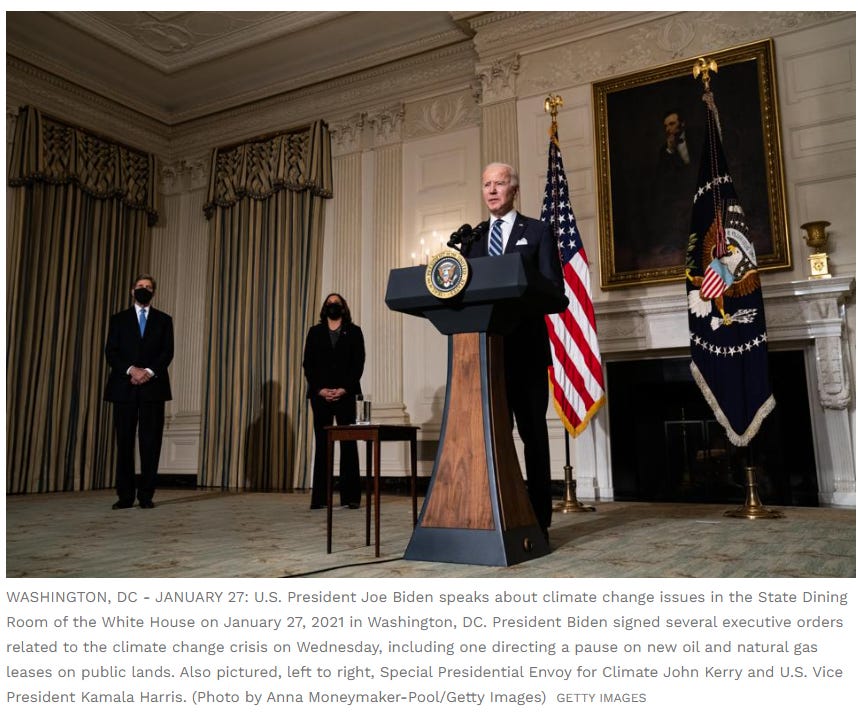During his 2020 election campaign, President Joe Biden often promised to end all drilling for offshore oil and gas. It’s a promise he reiterated just last August, telling Weather Channel meteorologist Stephanie Abrams, “I wanted to stop all the drilling on the east coast, and the west coast, and in the Gulf, but I lost in court. But we’re still pushing, we’re still pushing really, very hard.”
President Biden has provided little reason to question his intentions to limit the oil and gas industry domestically, and this is a presidential push the Bureau of Ocean Energy Management (BOEM) seems set on carrying out, at least when it comes to targeting independent producers currently operating in the Gulf of Mexico. Where major integrated companies like Shell, BP, ExxonMobil, and Chevron dominate exploring and drilling for oil in the deep waters many miles out into the Gulf, these independent producers dominate the shallower waters nearer the coast on the Outer Continental Shelf (OCS).
The issue at play is a new rule finalized by BOEM in April that mandates a dramatic increase in bonding requirements totaling almost $7 billion to provide financial assurance to cover abandonment costs. BOEM’s own estimate is that the new requirements will impact about three quarters of companies currently operating in the Gulf. The Bureau justifies the new rule as a measure to protect the taxpayers’ interests, but also admits that taxpayers over the 70-year history of Gulf of Mexico operations have been stuck with only about $58 million in such costs, a relative drop in the $7 billion ocean it is now attempting to create.
“This is a really important issue,” Mike Minarovic, co-founder and managing director of Arena Energy, told me in an interview. “But doing this is like having a little spot of skin cancer, and the government saying I want to cut off the entire arm to deal with that spot.”
Arena Energy is among the largest independent operators on the OCS and will likely be able to sustain the higher bonding costs if it can find a financial counterparty willing to insure the bonds. Unfortunately, many other independent oil companies are concerned that such counterparties will be hard, if not impossible, to find.
Keep reading with a 7-day free trial
Subscribe to Energy Transition Absurdities to keep reading this post and get 7 days of free access to the full post archives.




